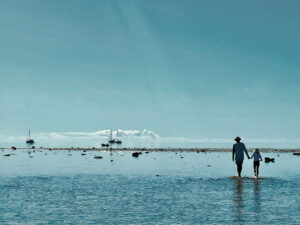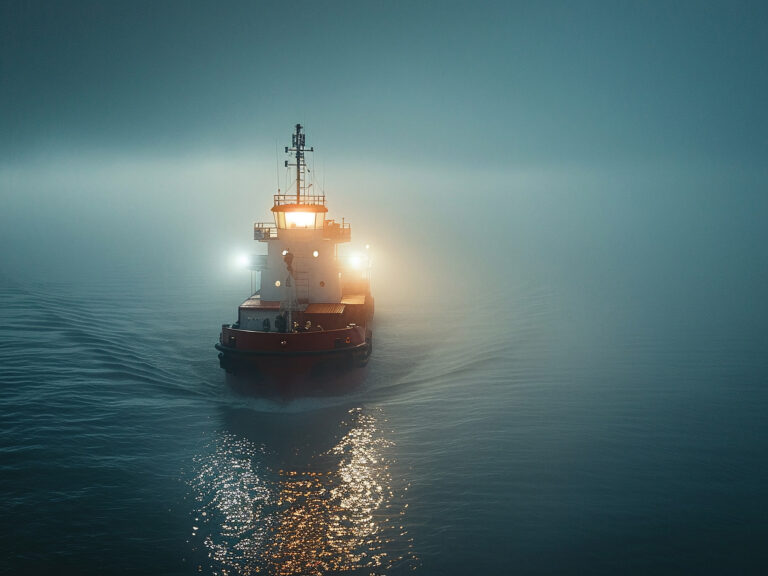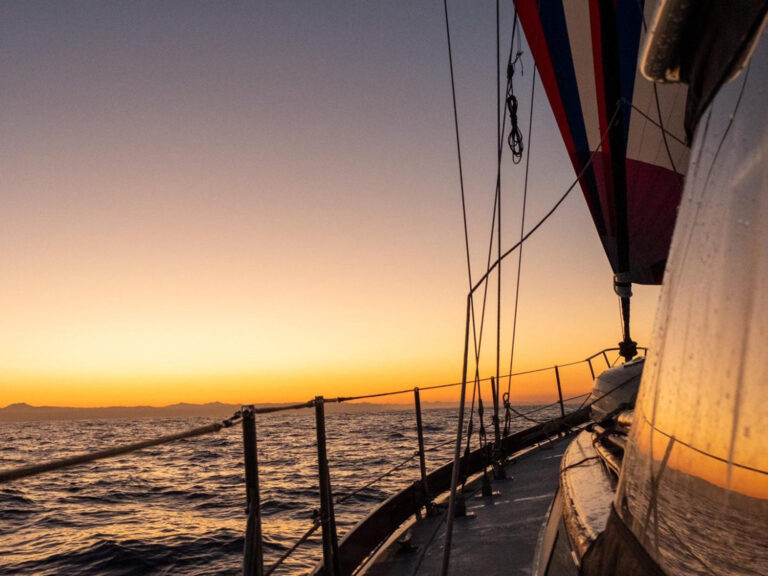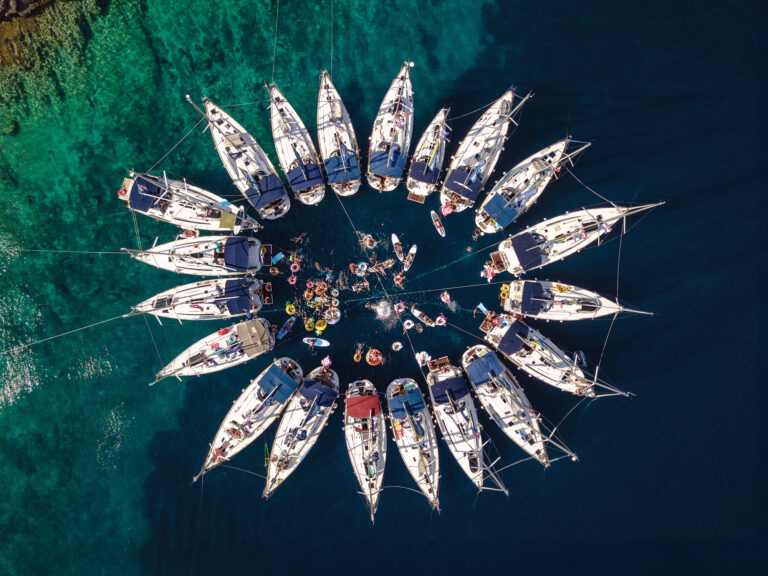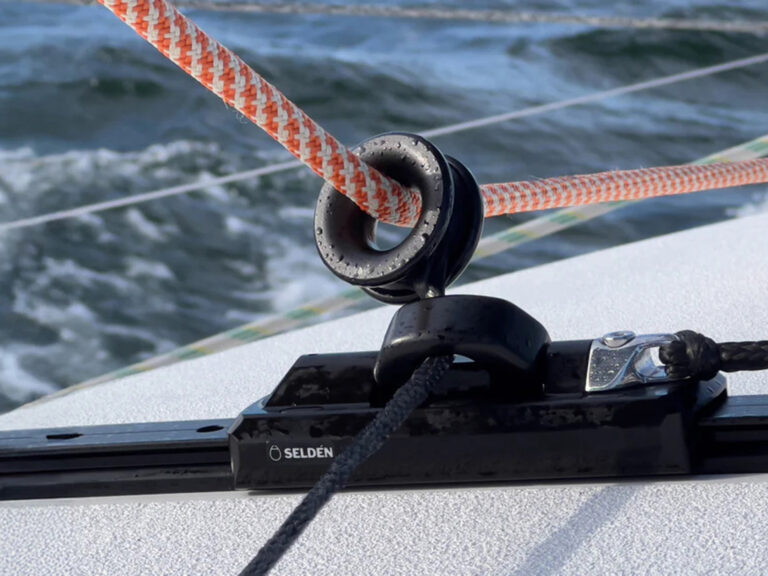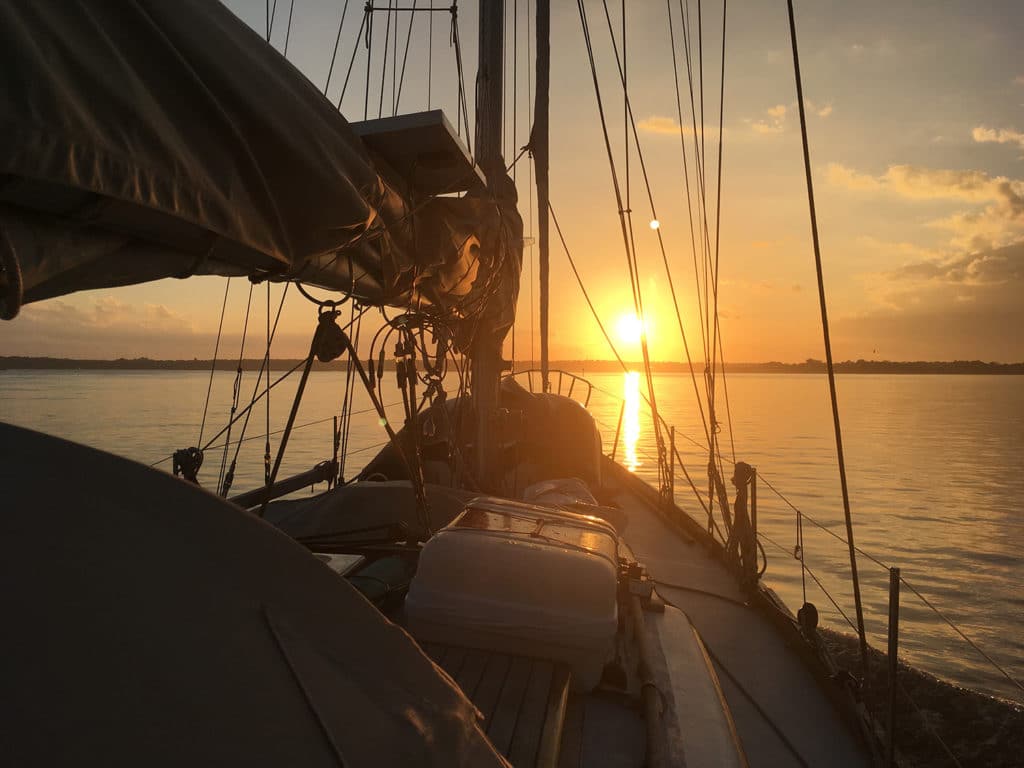
North and southbound East Coast sailors whose travels take them along the Intracoastal Waterway in Georgia should pay close attention to evolving regulations that could dramatically affect access to transient anchorages.
Proposed changes could limit the use of some areas for overnight or longer-term anchoring, create a permit requirement and institute possible fees, among other new regulations.
Cruisers will be able convey their concerns directly to lawmakers at a public hearing set for June 17, 2019 in Brunswick, Georgia, or they can submit written comments through July 15, 2019.
House Bill 201 (HB201) was signed into law on May 7, 2019 and authorizes the state’s Department of Natural Resources (DNR) to begin developing regulations and enforcement provisions specific to when and where vessels may anchor and to create a permitting process. Further language in the new law addresses revisions specific to where liveaboard vessels may be located and how owners must manage waste in their onboard holding tanks.
Kim Russo, Executive Director of America’s Great Loop Cruisers’ Association (AGLCA), has been following the legislation for the past few months and says, “As written, these regulations will have far-reaching effects on recreational vessels that use the AICW in Georgia during their trips north and south. We are crafting proposed changes to submit during the upcoming public comment period that better reflect the requirements of boaters.”
The measure was introduced in February 2019 and sailed through both houses of the Georgia legislature. (See the bill’s history here .) In addition to near unanimous backing by the General Assembly, it was also supported by the Georgia Wildlife Federation and Georgia Conservancy. Many boating organizations whose members comprise active and transient cruisers are opposed to much of the language in Georgia’s new law and have expressed dissatisfaction at not being included in the planning of the legislation.
Leadership of the AGLCA, Seven Seas Cruising Association, Marine Trawlers Owners Association and ad hoc groups and committees are rallying to influence the follow-on actions by the DNR, which is responsible for defining and promulgating any new regulations. Social media sites and member forums have been abuzz for the past two weeks with concerns that Georgia’s legislature and associated agencies misunderstand the state’s resources and has mismanaged the process. The firestorm of protests and social media postings indicate a great deal of concern and bitterness by thousands of mariners who regularly spend weeks and months aboard their vessels either moving through the state or enjoying their home waters.
Much like Florida and other states where anchoring in public waters is prevalent, Georgia is grappling with an increasing number of derelict, abandoned and unattended vessels that pose multiple problems for communities, in addition to more full-time liveaboard persons. (See Background and Synopsis included in the Proposed Regulation Changes.)
At the core of this issue is the ongoing concern by boaters who transit America’s waterways that their options for dropping an anchor out of the channel for a night, or several nights, is being increasingly encumbered and subject to more government oversight and enforcement. Most are asking if the anchoring regulations in Florida and Georgia portend similar actions by other states and municipalities in the future.
Coastal communities, neighborhoods, waterfront residents, marinas and private property owners are putting the pressure on their government representatives to stem the tide of unprincipled boat owners who abandon their vessels, leave them unattended at anchor without reasonable supervision or thumb their noses at regulations while anchored for months on end in the same place. As a result, conscientious boaters see their choices limited, as in the case of Florida’s increased enforcement and oversight of anchored vessels, which may sometimes be warranted and sometimes not, depending on the interpretation of local law enforcement.
Among the many questions on the minds of boat owners is what will Georgia decide? What happens in the next state to address the issues? How many different regulations do I have to know when passing through different jurisdictions? What are the consequences of noncompliance?
The public hearing on the proposed amendments will be held in Brunswick, Georgia on Monday, June 17, 2019, at 5:30 p.m. at the Coastal Regional Headquarters of the Georgia Department of Natural Resources located at 1 Conservation Way, Brunswick, GA 31520. You are not required to be a resident of Georgia to attend or submit remarks.
Written comments will be accepted through July 15, 2019. Send them to: Kelly Hill, Coastal Resources Division, One Conservation Way, Brunswick, GA 31520. Kelly.Hill@dnr.ga.gov
Ed Tillett is Editor-in-Chief of Waterway Guide Media.

